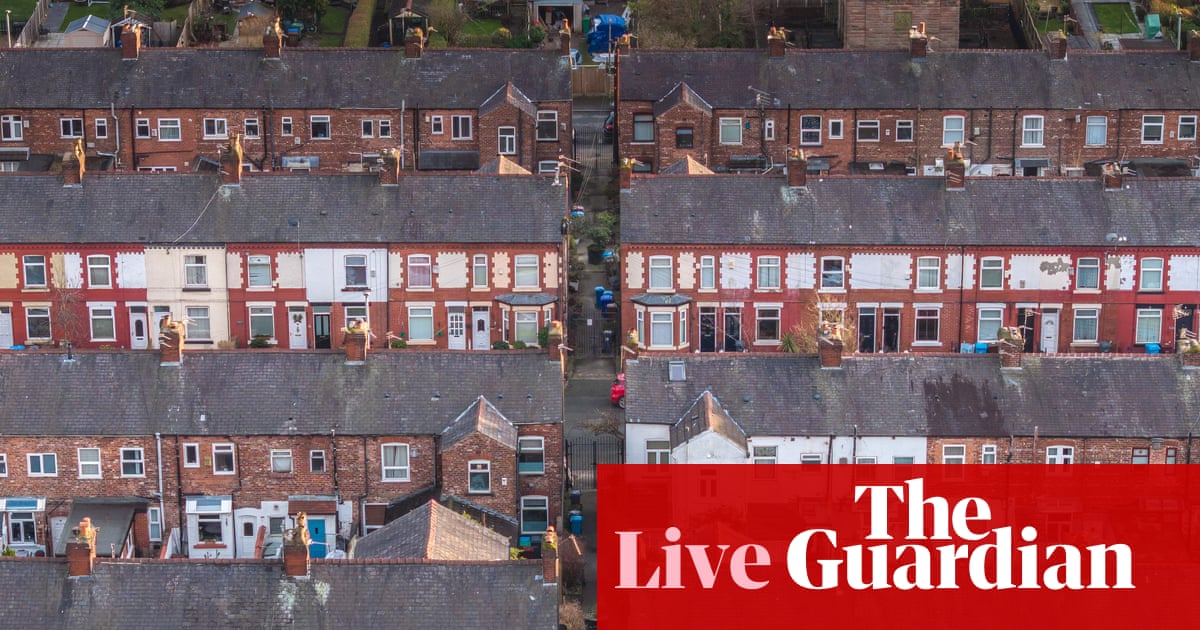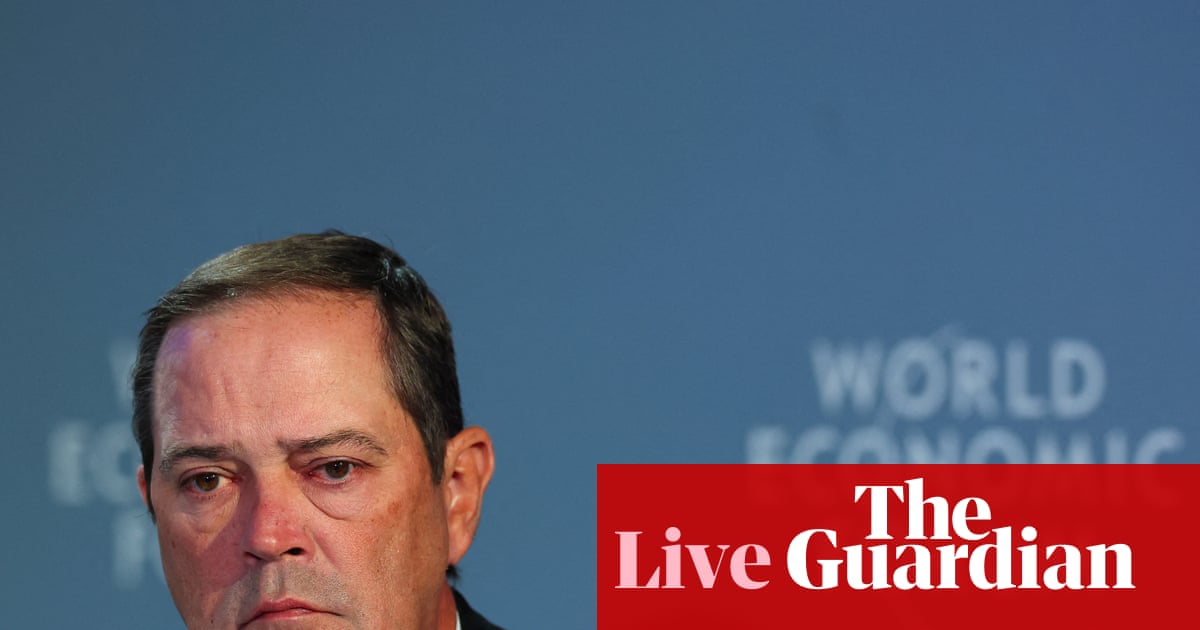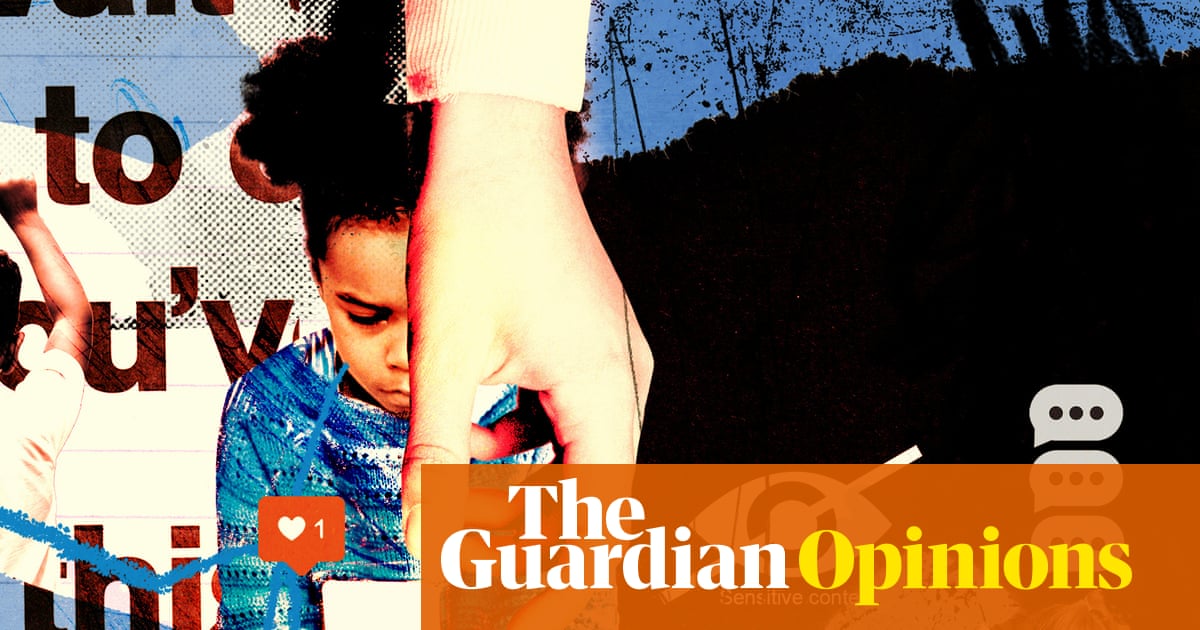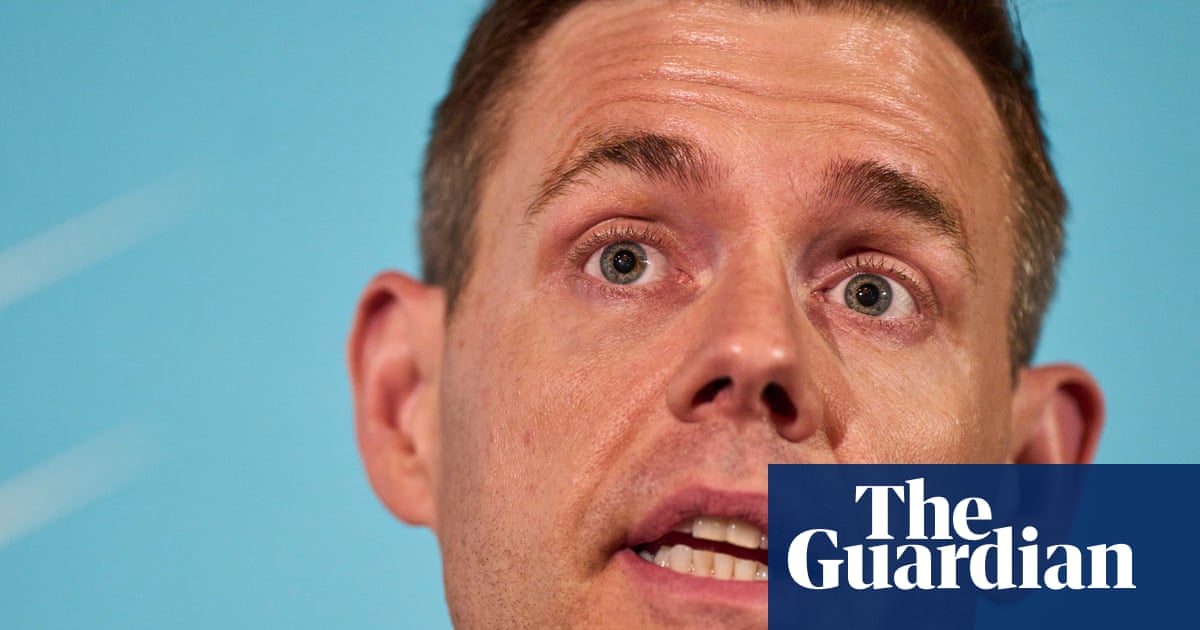They have travelled thousands of miles to care for the most vulnerable people in society. But care workers recruited overseas to fill much-needed roles are increasingly facing racist abuse in the UK, industry insiders have warned, as the country’s immigration debate becomes increasingly toxic.
Staff working with elderly and disabled service users have been advised to travel to work in racially mixed groups and carry panic alarms. The measures follow a surge in reports of “verbal abuse and spitting” from strangers since the summer, said Nadra Ahmed, the executive chair of the National Care Association (NCA), which represents about 5,000 providers.
It comes against a backdrop of charities also warning of growing intimidation, racial abuse and threats of violence towards staff and beneficiaries.
Ahmed said: “Providers have been telling us they are very concerned. Racial comments when staff are out at work, staff frightened to get out of their cars until people pass by – people of colour are beginning to feel unwelcome.”
She added: “[Workers] have gone to a house to care for somebody, look out of the window and there’s people standing by their car to intimidate them.
“We’re giving advice that if you don’t feel safe, don’t leave the building. But of course there’s somebody else who’s waiting for that call. Providers have been saying that where they would send one person to a property, they’re now sending two, but you’re also trying not to send two black or Asian people together.
“We’ve got this very negative narrative from politicians, which doesn’t distinguish between illegal migration, asylum seekers, and legal migration, and is almost encouraging people to intimidate. We’re really keen to make sure that nobody’s hurt. Some providers are providing [personal] alarms.”
NCA recently met 28 providers concerned about a rise in incidents “over the last couple of months”. Ahmed said: “We had it a lot through Brexit and it feels like that atmosphere again – up about 80% compared to two years ago.”
The Joint Council for the Welfare of Immigrants (JCWI) runs an advice line for members of the trade union Unison. Sairah Javed, a JCWI solicitor, said it had been receiving “three or four” calls a week from migrant workers anxious about a “very toxic environment” in the UK since the summer, when previously all calls had been about employer issues.
Javed said hardening policies and attitudes occurred at a time when “shortages exist and migrant workers have a choice of where to go”, adding: “We will find ourselves at a detriment. Hospitality and construction are going to be massively hit, as well as social care.”
The government closed the post-Brexit sponsored care worker visa route in July. Ahmed said: “We’ve still got 130,000 vacancies. A provider told me last week they had 80 applications for a job they were advertising and not one person turned up for the interview – that’s where it is with trying to get a domestic workforce.”
Describing how one English provider recently lost seven overseas staff to Ireland, she added: “The workforce crisis is going to intensify because successive governments have chosen not to have a strategy. But we just keep ignoring that bit and attacking the very workforce that’s willing to come.”
Maggie Kimani, 46, returned to Kenya in July after two years as a UK care worker supporting disabled adults. She experienced exploitation from employers – “7am to 8.45pm shifts with no breaks, and if you’re sick, they take it from your holiday” – and racist abuse from a service user’s relative.
Kimani added: “She would call you all sorts of names and make my life miserable. I held my tears until I couldn’t hold them any longer. The government opened the doors but you are being treated like you’re worthless. If somebody had told me I would not have left my country in a thousand years.”
Dr Dora-Olivia Vico, the chief executive of the charity Work Rights Centre, said: “These incidents don’t happen in isolation. Hate crime increases when our leaders run with a politics of division.”
A government spokesperson said: “Racism and abuse are completely unacceptable and has no place in our society.
“To ensure a career in adult social care is respected and rewarded, we have provided a funding boost of up to £3.7bn to support social care authorities, announced a major £500m investment in a fair pay agreement for adult care workers across England, and are boosting domestic care careers through a new career structure, funding training and qualifications.”

 3 months ago
46
3 months ago
46

















































